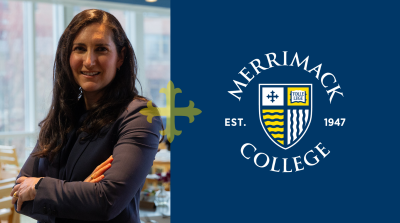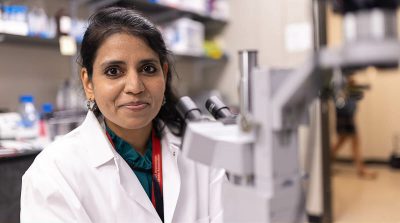Welcome to CHIRP
The Center for Health Innovation, Research and Policy (CHIRP) focuses on closing the gaps in systematic health disparities that adversely affect people from historically marginalized groups, including those living in poverty, people of color, and those with disabilities.
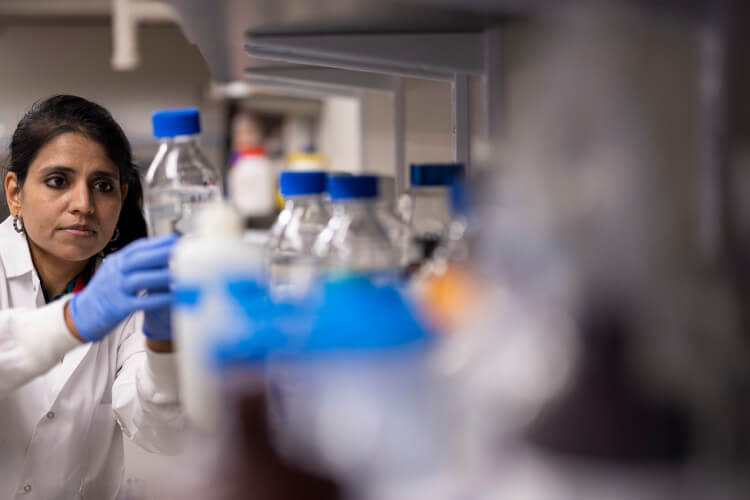
CHIRP’s Mission
CHIRP seeks to improve inclusive health equity through interdisciplinary lines of research, dedicated teaching and mentorship, and integrated community engagement.
One of Merrimack College’s Agenda for the Future core strategic approaches is an emphasis on growth, particularly as it concerns expanding and enhancing our College’s research practices. In support of that key objective, Merrimack’s research centers facilitate faculty research and provide opportunities for undergraduate and graduate students to contribute to the advancement of basic science, the design of practical applications, and the evaluation and shaping of public policy.
Meet the Founding Researchers
Meet Drs. Leena Bharath, April Bowling and Juliana Cohen.
The team discusses the origins of CHIRP and how the Center will contribute to innovative health disparities research, community engagement and educational opportunities at Merrimack College.
Research and Resources
One of the aims of CHIRP is to present our evidence-based research in language that is accessible and comprehensible to the communities we are working with. Academic papers and briefs can be found on our individual lab websites, and our latest communications for general audiences can be found below.
CHIRP Labs

BRIGHT
Examining the impact of insufficient sleep.
The Bright Lab conducts research that combines computational and experimental methods to examine the impact of insufficient sleep and circadian rhythm disruption on human health, performance, and safety.
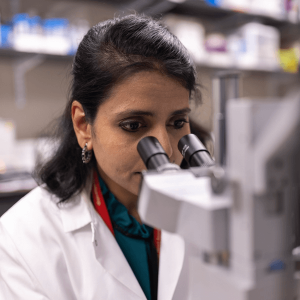
MitoCure
Understanding aging at the cellular level.
MitoCure conducts basic research to advance our understanding of the metabolic illnesses that come with aging. By illuminating the mechanisms of age-related diseases, MitoCure ultimately aims to increase the average human healthspan — the number of years we spend in good health.

NOURISH
Novel interventions that address diet-related health disparities in children.
The NOURISH Lab develops and evaluates policies that address food insecurity and encourage children to eat healthier. NOURISH researches how local and national policies can make a difference in the nutrition of school-aged children, as well as the potential relationships between healthy food and cognition and academic performance.

ReproDiscovery
Advancing epidemiology discovery in reproductive and menstrual health.
The ReproDiscovery Lab conducts research to enhance patient outcomes and gain a deeper understanding of endometriosis and polycystic ovary syndrome.

REACH
Helping to identify steps parents can take to protect against the impact of food insecurity.
The REACH Lab, located in the Department of Nutrition and Public Health at Merrimack College, examines both parent and community influences on child well-being, particularly for under-resourced populations facing food insecurity.

THRIVE
Closing the gap between health research and reality for youth with mental health challenges.
THRIVE (Translational Health Research & Innovation for Vulnerable Children and Youth) works to improve the health of children and young people with psychiatric and neurodevelopmental disabilities. THRIVE translates basic research findings about exercise, sleep and screens into achievable goals and accessible technologies that help parents and caregivers improve the health of their kids.
CHIRP Lab Gallery
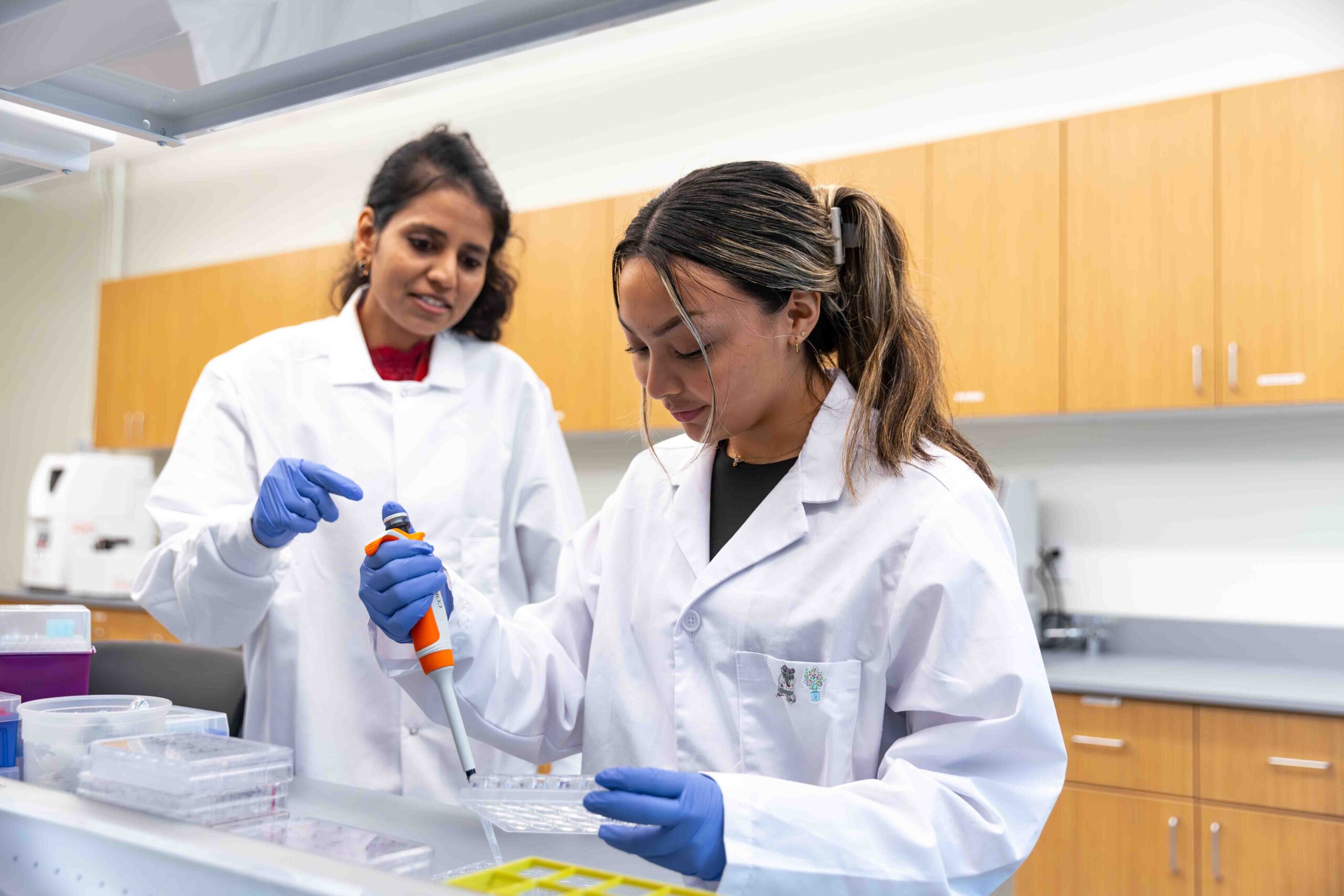
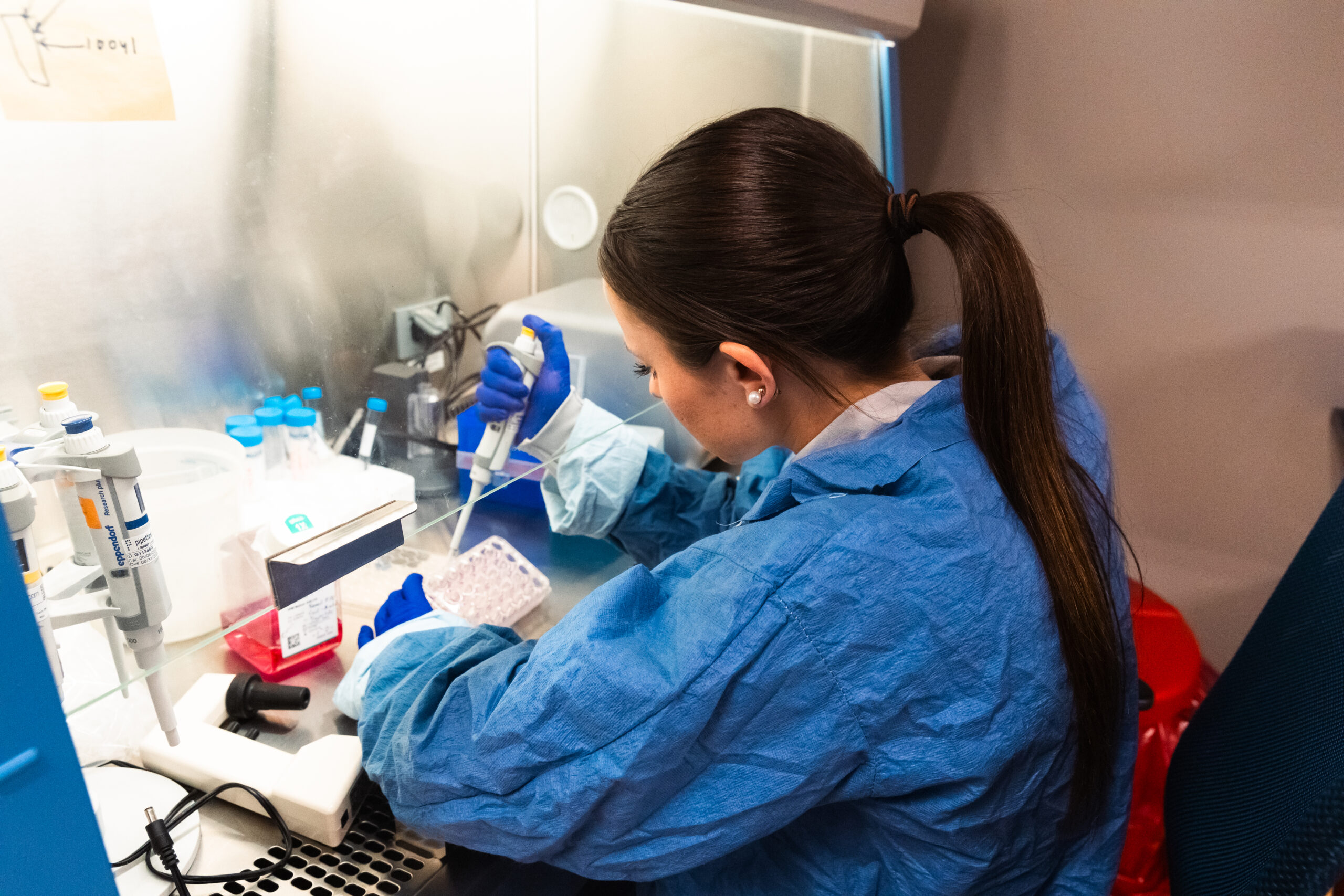

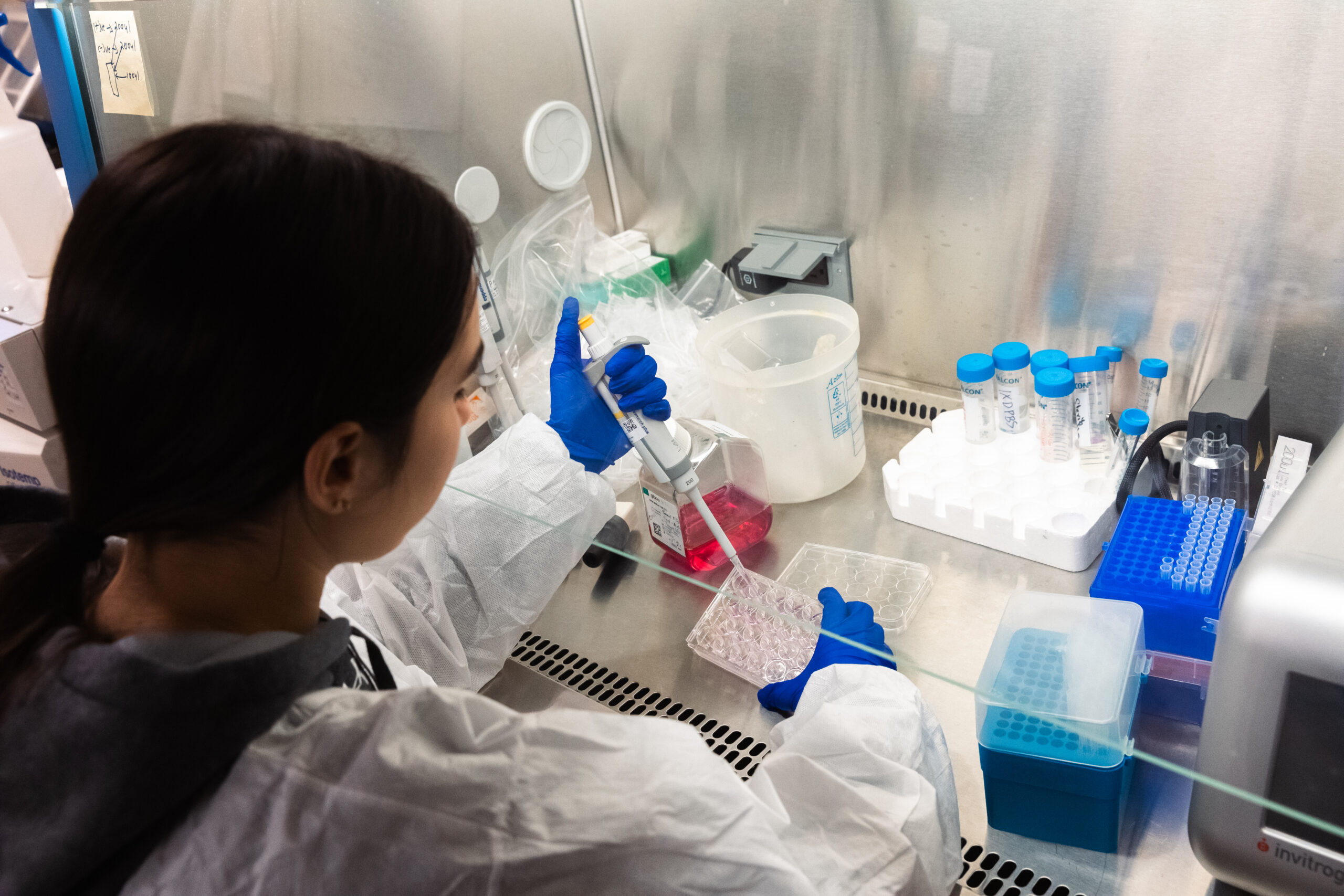

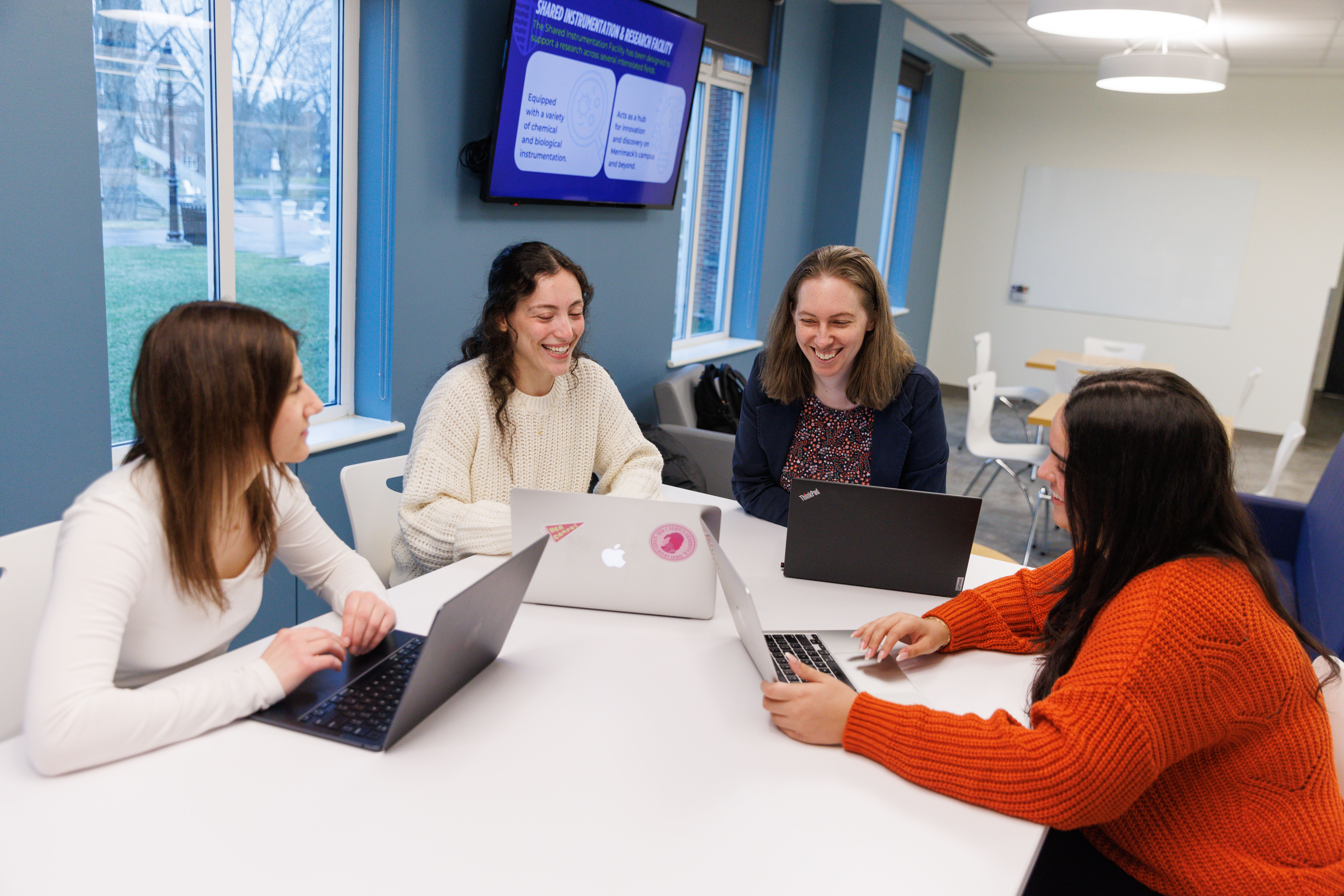
6.8M
submitted grant applications in Q1 2021
13
manuscript publications in Q1 2021
13
national and international presentations in Q1 2021
